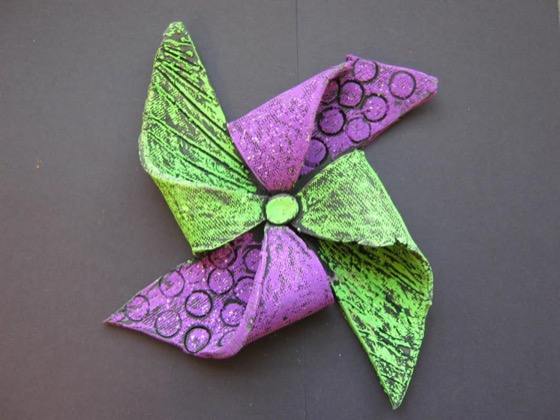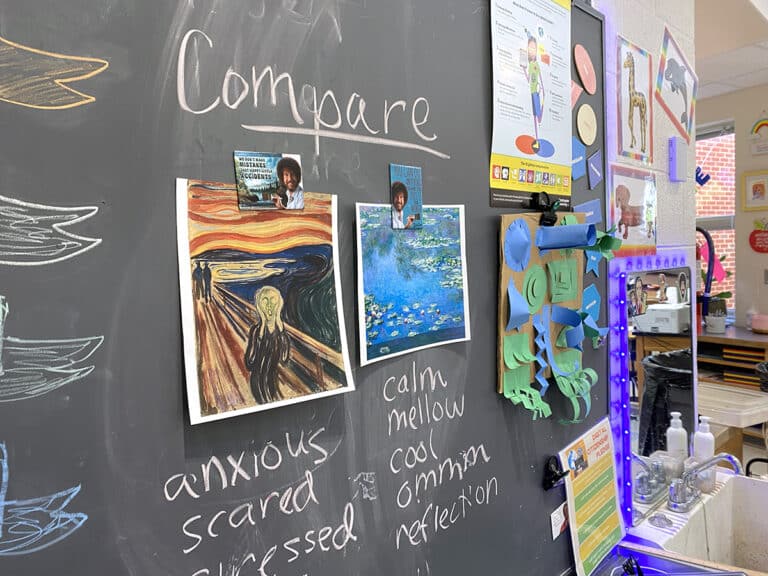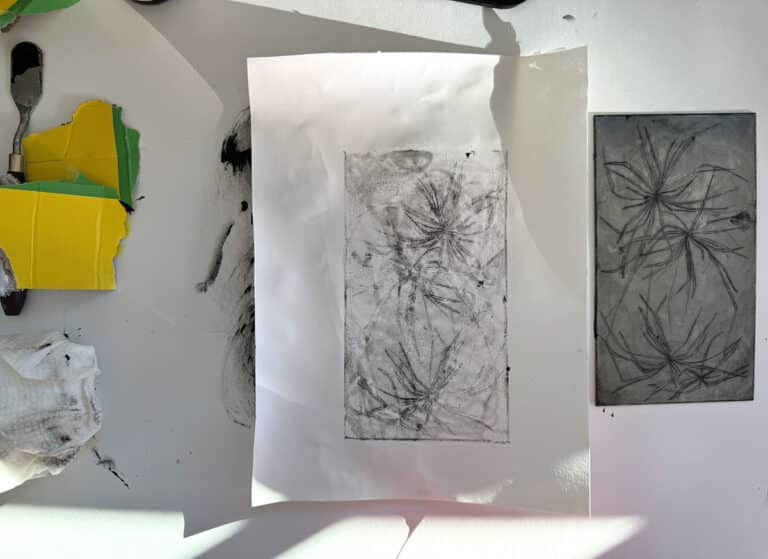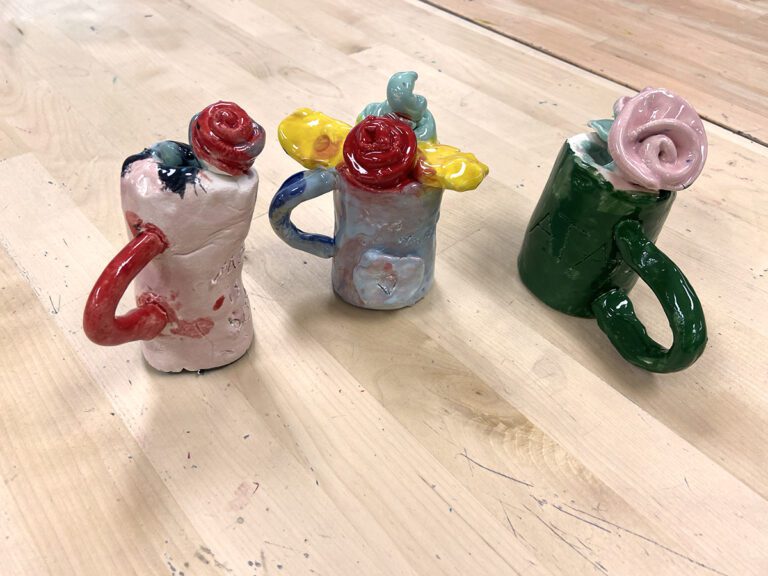
The way my middle school schedule is designed I get to see every student, every week, all year long. When it comes time to teach clay, I don’t have the space (or sanity) to tackle multiple-day projects.
Here are a few tricks I have learned to help my students have success with one-day clay projects.
1. Pre-Teach the Lesson
I schedule my clay lesson to follow a work day so that I can use the last 15 minutes of class to demonstrate what we will be doing for our clay project. I have found my students listen better when they know the clay isn’t waiting for them. This also allows students a week to process what they want to do for their projects.
2. Make a Demo Video
I like to record myself creating my example, so I can play it throughout the class period. The video allows students who missed the demonstration to see what we are doing. I play it on a loop throughout class, so it is also available for those students who need extra reminders. (You can check out one of my demo videos of the project pictured below here.)
3. Prep Ahead
If we are doing slab work, I will have the slabs rolled out. If we are doing coil work, I will have the “chunks” ready to hand out. Clay tools and work mats are on the tables and ready to go. Shape tracers and texture makers are in an easy to find place. Prepping ahead makes me feel sane and gives students the maximum amount of work time.
4. Keep Clean Up Simple (and keep students busy!)
While I put names on projects and store them on Masonite boards to dry, students clean up their work spaces. They wash and dry tables, return supplies to the proper places and get their tables ready for check out. As they finish, I have the Extreme Dot to Dot worksheets out. The kids love these, and I am guaranteed they will be working quietly at their desks.
What are some of your favorite one-day clay projects?
What do you do to make your clay projects go smoothly?
Magazine articles and podcasts are opinions of professional education contributors and do not necessarily represent the position of the Art of Education University (AOEU) or its academic offerings. Contributors use terms in the way they are most often talked about in the scope of their educational experiences.





